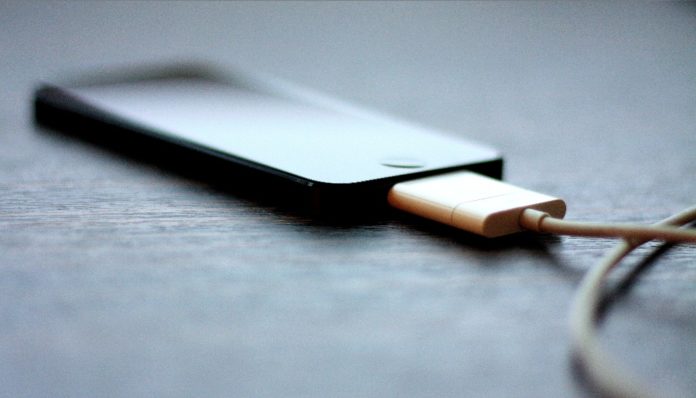To know the answer to that question, we need to know a little more about the personalities of a Lithium Ion or Lithium Polymer battery. These are the same exact types of batteries commonly found in your mobile phones. I’ve studied these batteries for years due to my love of gadgets and because of my hobby in radio control racing.

How to make the batteries last longer per charge? How to prolong their lifespan? How to prevent having batteries explode in my face? These are important questions to me and I’ve spent lots of time digging.
While the internet is a convenient tool, there are simply too many misconceptions about your smartphone batteries floating around on the internet. No thanks to the fact that Lithium Ion/Polymer batteries behave very differently from their predecessors, the Nickel metal hydride batteries that have graced the phones of yesterday years. If you have a Nokia 3310, the battery inside is a Nickel metal hydride (NiMH).
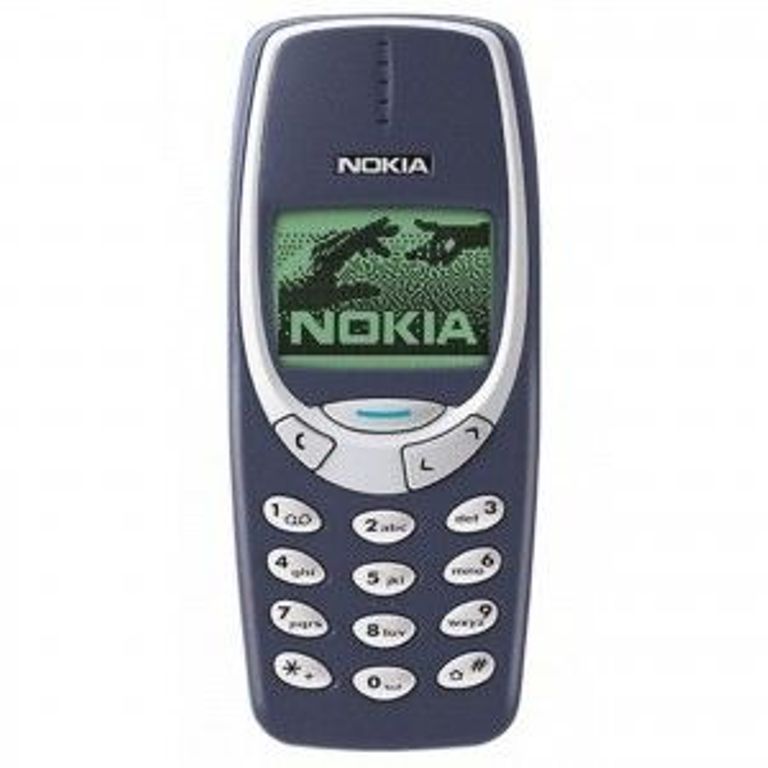
Because many people don’t really know the differences between the older battery types, they ended up giving battery advice that really harm your Lithium Ion (Li-ion)/Polymer(LiPo) batteries (I shall collectively refer to these as ‘Li’).
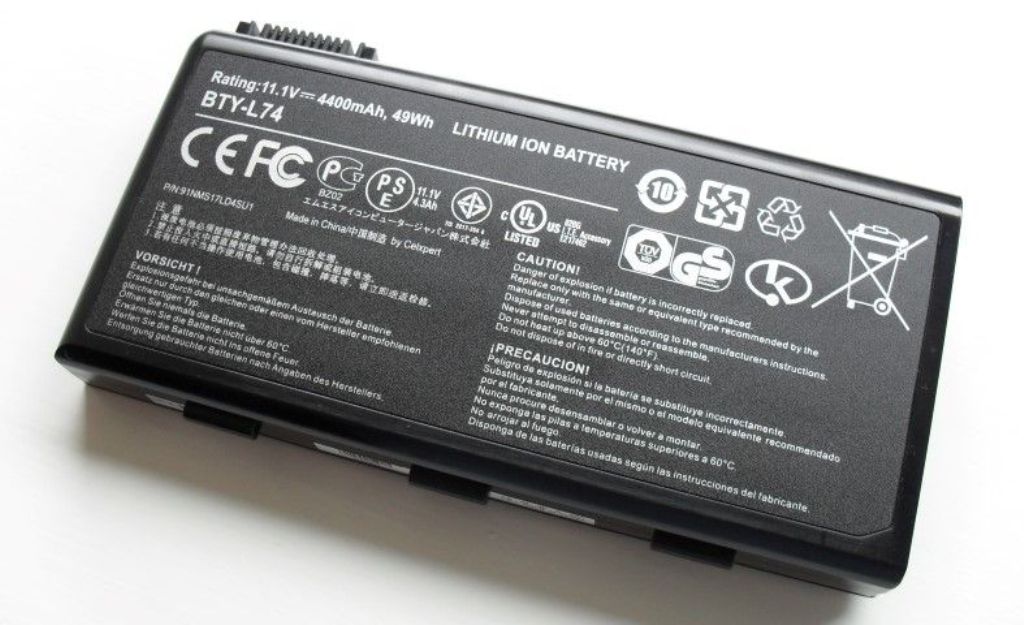
Bad advice are plentiful. Charge your phone for 6 hours before using? Only charge your battery when it is close to empty? These are just some of the advice that were perfect for NiMH batteries but will cause your Li batteries to suffer a slow, horrible death.
Back to the topic at hand. Should you charge your phone overnight? To answer that, let’s look at my handy summary of Li battery characteristics:
Li batteries are afraid of heat. The higher the temperature, the faster it loses capacity over time.
Li batteries are afraid of being empty. The emptier it is, the faster it loses capacity over time.
Li batteries are afraid of being full. The fuller it is, the faster it loses capacity over time.
Li batteries are afraid of being overcharged (charged more than full) or short circuited. If it gets charged too much, it gets bloated due to chemical reactions in the cell.
Li batteries are afraid of being over-discharged (use more energy than the battery is willing to give). If it gets discharged too much, it gets bloated due to chemical reactions in the cell.
Li batteries are afraid of being ruptured. If the internals are exposed to air, it catches fire and burn.
Li batteries keep the scores well. If you charge from 50% to 100% twice, that is considered one charge cycle, not 2.
Expecting more? Nope, that’s all you need to know.
So overnight charging. Is it good or bad?
Let’s talk about safety first. Overnight charging is generally safe as long as your battery, charger and mobile phone are all from reputable manufacturers. Badly manufactured chargers and mobile phones may have overcharge protection circuit that fails, cause your battery to get over charged. When you battery gets overcharged, the internal cell undergoes a chemical reaction, and the battery start to bloat.
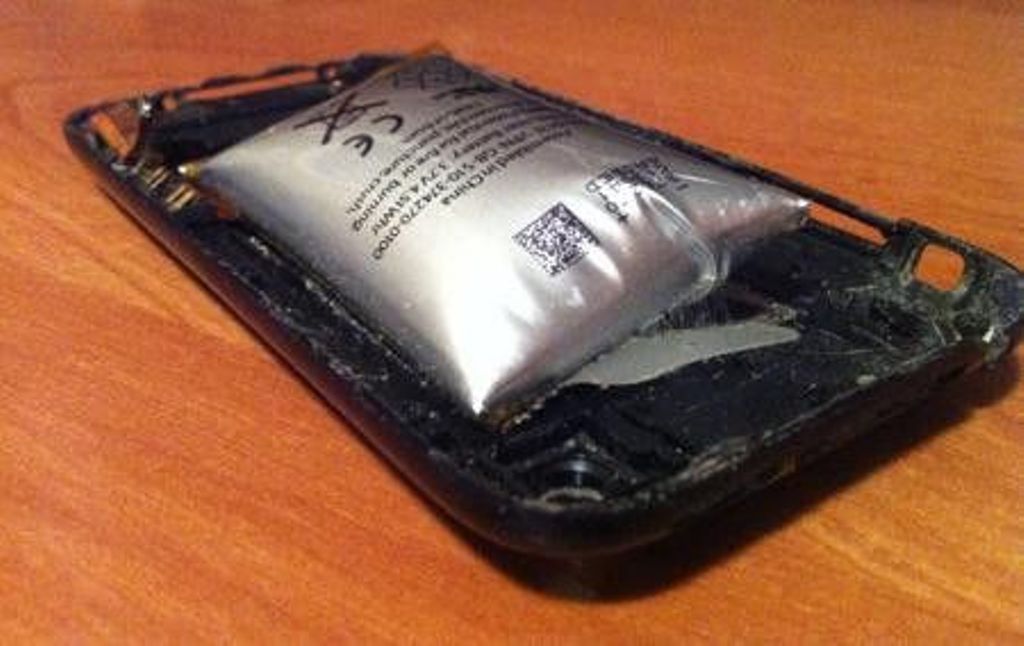
If the bloat is too much, the battery ruptures, causing the internals to be exposed to air, resulting in fire and explosion.
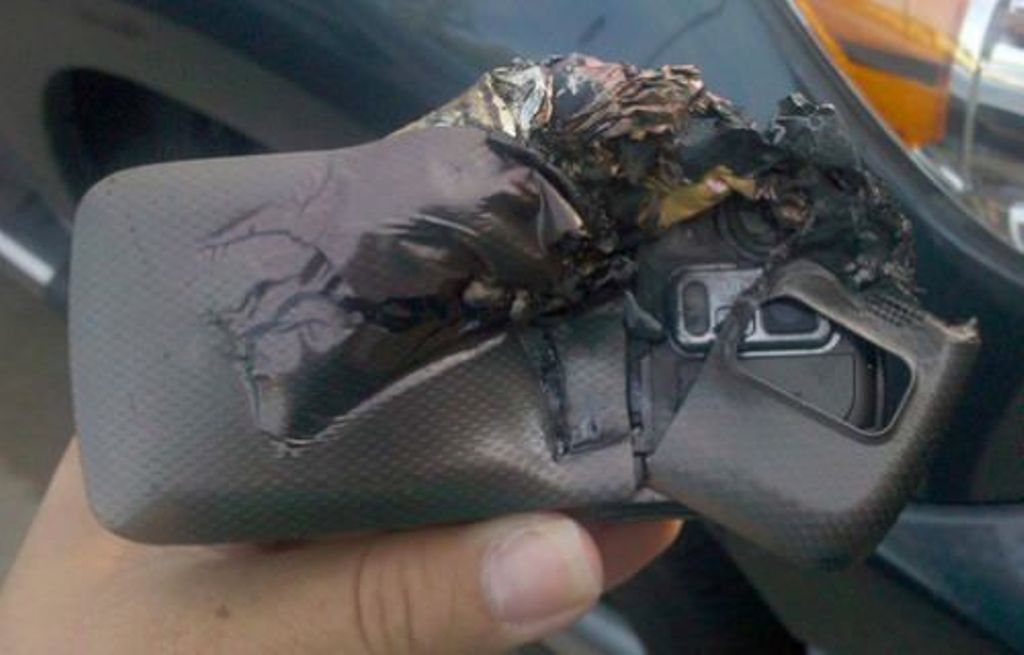
While this is still O.K. if you are around and can swiftly put out the fire or prevent the fire from spreading, leaving your smart phone to charge unattended isn’t safe. Your whole house would have burnt to the ground while you sleep.
If you are using batteries, chargers and mobile phones from reputable brand, maybe you can risk it by charging your devices unattended. But know that accidents have happened before. If you are using third party batteries (e.g. iPhone with battery replaced by OEM versions), cheap china chargers or phones, please, never, never risk it.
Does overnight charging harm your smartphone battery? Actually yes. As mentioned above, keeping the battery at full or close to full charge state actually makes your battery lose capacity faster. Imagine having a 100% charge state for 1/3 of a day, every single day. That wears out your battery much faster. There may be increased battery wear due to the charger constantly topping up your phone to maintain 100% charge. On the other hand, be consoled that chargers, if functioning properly, will automatically step down and stop the charging once your phone battery reaches 100%. This means that no excessive heat that is harmful to your battery is produced.
In conclusion, charging of Li batteries always come with a small risk of fire. However, such risks can be mitigated if you only use batteries, chargers and phones from reputable manufacturers. At the same time, leaving the phone or in fact, any other such gadgets to charge unattended is a bad idea because you may not have time to contain the fire if indeed an accident did happen. Overnight charging also harms your battery, decreasing its lifespan and resulting in an earlier need for battery replacement.
Sharing is caring. Let your friends know this important bit of information.
—
The same information discussed here applies to all other gadgets that uses the same battery type. Heard stories of hoverboard exploding? That is because the structure of the hoverboard cracked, resulting in rupture of battery and hence explosion. Mobile phones exploding while in pocket? Due to short circuit, bloated battery, rupture, explosion.
Everything that happens are related to the few bullet points highlighted above.
—
You can also use the information above to prolong the lifespan of your battery, to ensure the longevity of your gadgets. Keep your battery charge close to the halfway mark as frequently as possible. If you are storing your gadget because you will not be using it for the next few months, charge to about 60-70% charge before storing them to ensure that the battery don’t die. Don’t place your gadgets or batteries in warm or hot areas. The list goes on.
Source : https://in.news.yahoo.com/science-why-charging-phones-overnight-102117291.html


